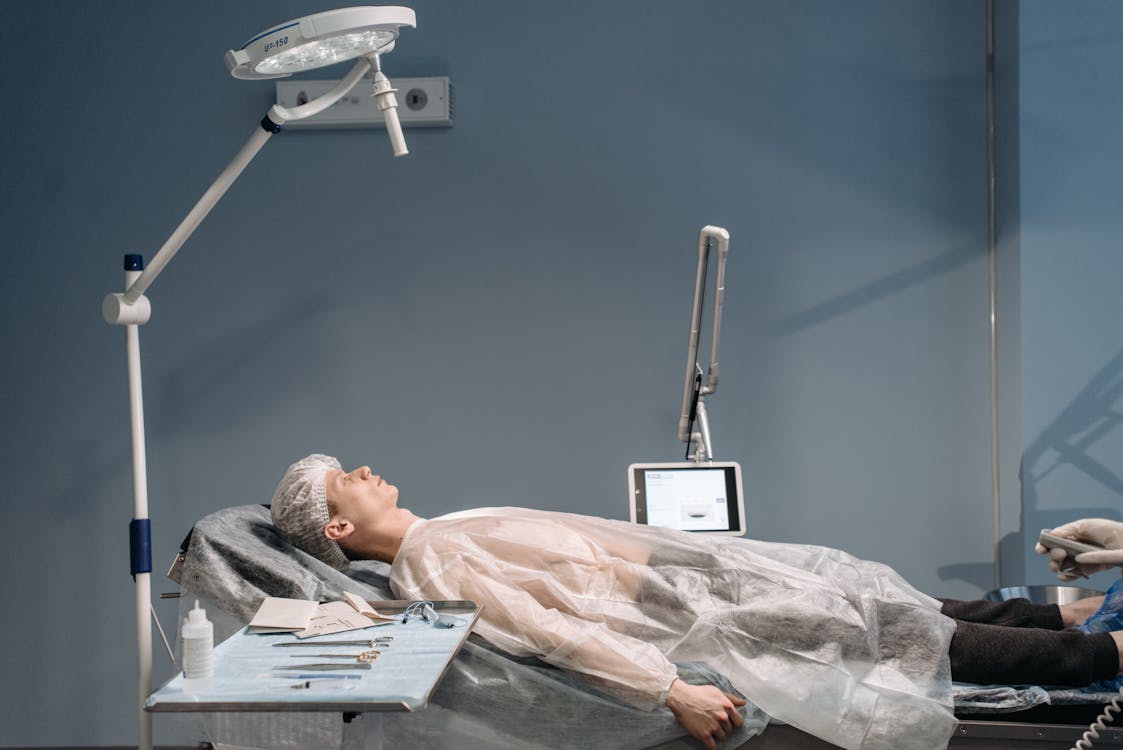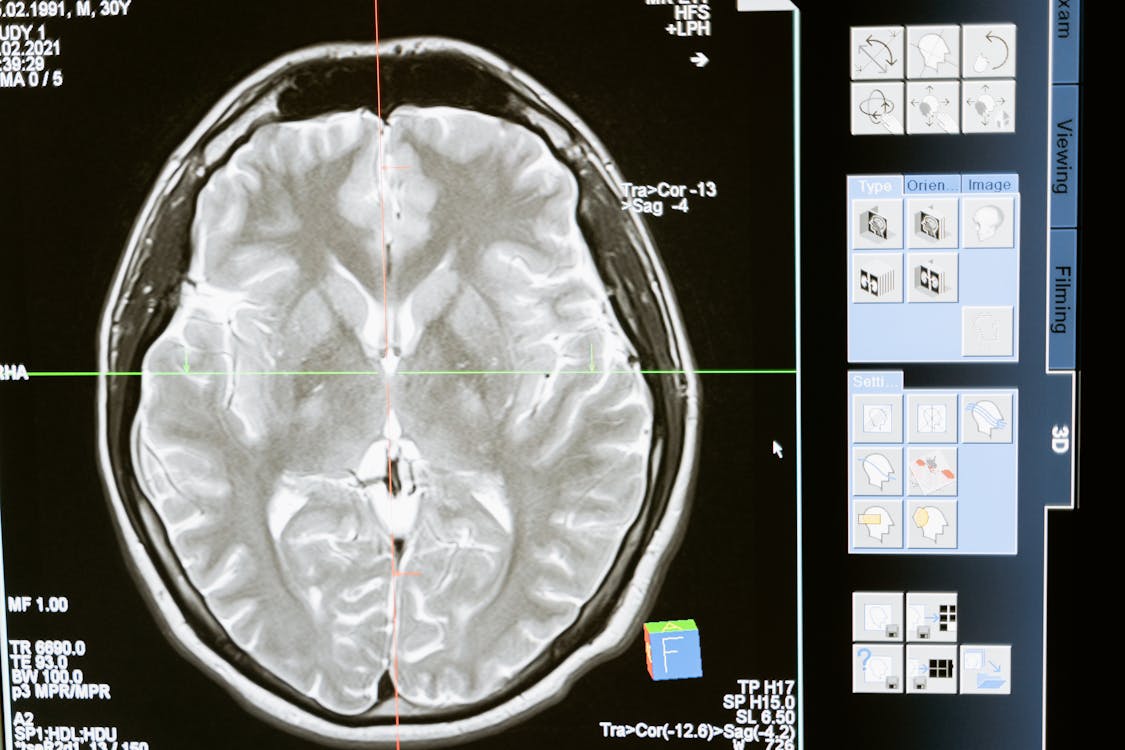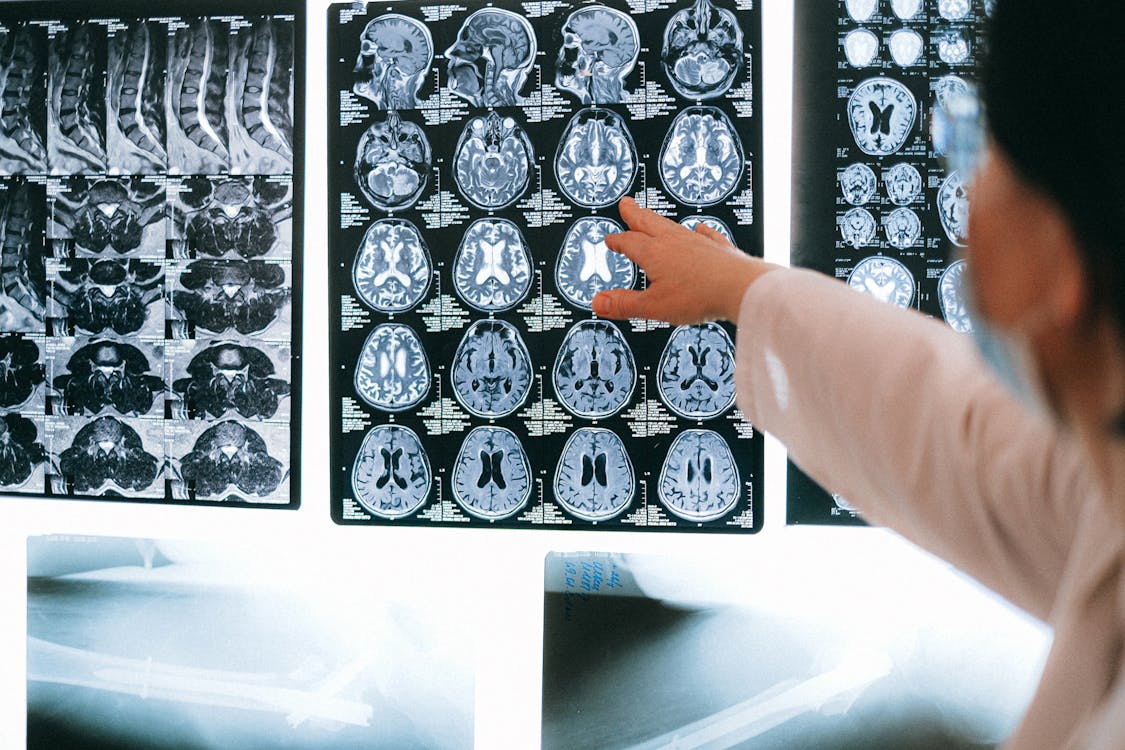There’s something incredibly captivating about anesthesia.
It has astounding effects on the brain and the body as a whole.
As common as the practice is, however, there are many people who are still “in the dark” about what takes place within the body while “going under”.
Here are 13 things people are known to experience under anesthesia.
1. You feel like you’re floating
When you are administered anesthesia, you’re body and brain will go through three phases (and possibly a very rare, unfortunate fourth).
The first stage is called induction and it takes place right before you go unconscious.
You may feel confused, any pain you have will go away and your body will feel light and floaty.


2. Phase 2 you won’t remember
The next phase is called the excitement phase. However, it’s not as fun as it sounds.
It takes place after the anesthesia has kicked in a bit so you won’t actually remember any part of this phase.
Your breathing and heart rate will change rapidly, your body will begin twitching, and you may become nauseous or even vomit.


3. A coma is the goal
For the third phase, your body enters what is known as surgical anesthesia. Some 60,000 people are put under surgical anesthesia every single day.
In this phase, you become completely unconscious and your body is essentially sent into a coma for a short period of time.


4. Your brain keeps you painless
At this point, the anesthesia has completely taken over and shut down your nervous system.
By doing this, it slows down your responses to stimuli and shuts off the part of your brain that responds to pain.
Your heart rate stays steady and you won’t have any memory of the experience.


5. Your brain will be radio silent
Your brain will quiet down to the point that it won’t be able to send signals to all of the other organs in your body.
Normally, these connections and signals are being sent back and forth constantly.
However, it’s this quieting of brain functions and loss of connection that allows you to lay there unaware of what the doctors are doing to your body.


6. Paralysis is normal
Your brain isn’t the only vital part of the body that is affected by anesthesia.
As the anesthesia finds its way into your bloodstream it eventually reaches the spinal cord, and when it does, you become completely paralyzed.
This sounds a little terrifying, but remember, you won’t remember any of it.


7. Doctors don’t know exactly how it works
One of the craziest things about anesthesia is that doctors still aren’t entirely sure how it works.
It can keep us unconscious, calm, and unable to remember any of the pain that our body should be registering.
Medical professionals do know what parts of the body are affected, but not why they are.
However, there are a couple of theories out there…


8. Theory #1
The first theory has to do with the fat in the brain.
It is theorized that anesthesia dissolves the fat in the brain cells which ultimately changes the type of brain activity that we see in patients under the influence of general anesthesia.


9. Theory #2
The second theory follows a similar line of thinking to the first.
It states that anesthesia actually binds to and incapacitates the proteins in the neurons in our brains.
These proteins are associated with sleep, memory, and attention so it’s no wonder that we get knocked out when these proteins are affected.


10. The body becomes non-functional.
However, your respiratory system will
Even though your brain function is slowed, it is working enough to keep your lungs going.
However, you are often set up with an oxygen mask that aids your lungs in receiving oxygen, and sometimes you’ll get a tube down your throat that feeds you oxygen as well.


11. You’ll be closely monitored
During your entire operation, you will be closely monitored by a nurse or doctor.
Because your body is so altered, many things can happen to you while you are under.
It’s possible to vomit and choke, get fluid in your lungs, or even have a stroke.
Luckily, these things are rare and even if they do happen, someone is constantly monitoring your state and keeping you safe.


12. Your brain reboots as it wears off
Once the anesthesia starts to wear off, your brain will slowly wake up. However, it doesn’t all happen at once.
Your brain actually reboots itself in a sense, trying to figure out how it all works again.


13. Temporary memory loss isn’t uncommon
Upon waking up, you may experience some confusion and even some temporary memory loss.
In fact, you may not have much control over some of your motor functions. This put some people in an understandable state of agitation or distress.
All of this should wear off as the hours go by, however.


Learn more about what to expect while under anesthesia in the short video below!
Please SHARE this with your friends and family.















